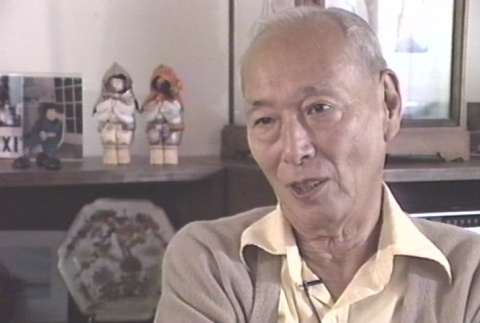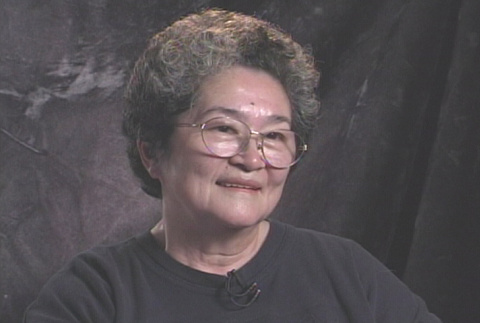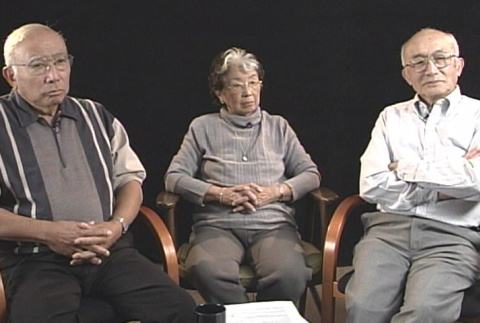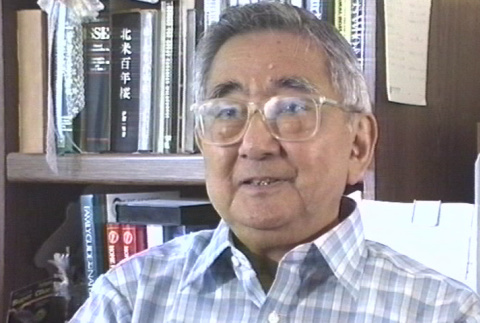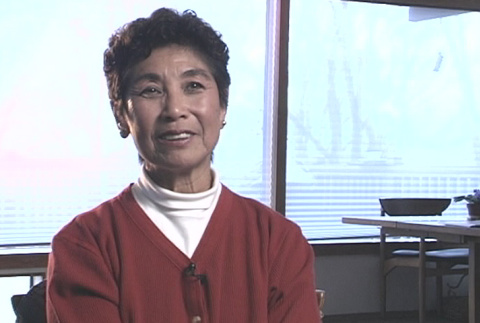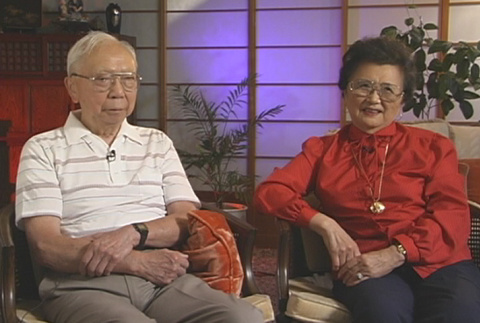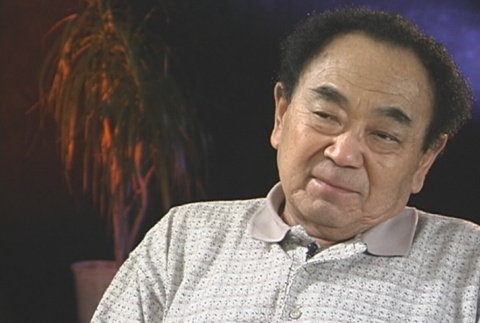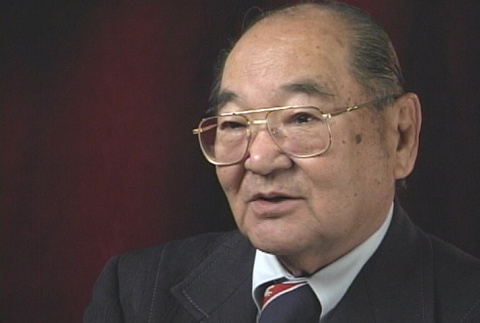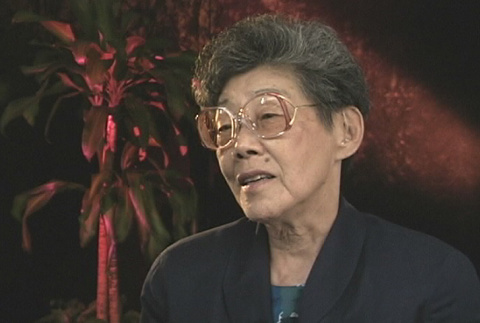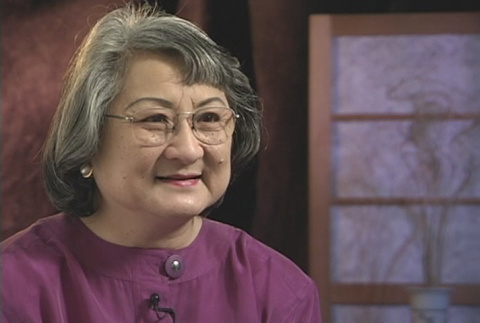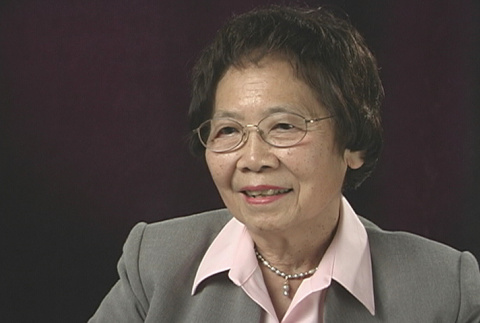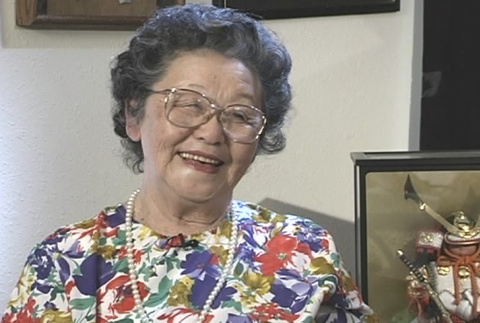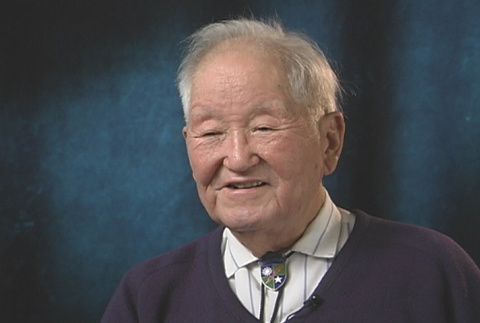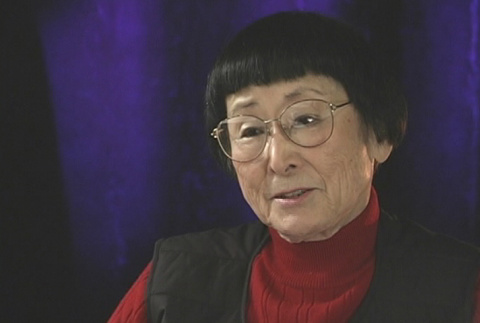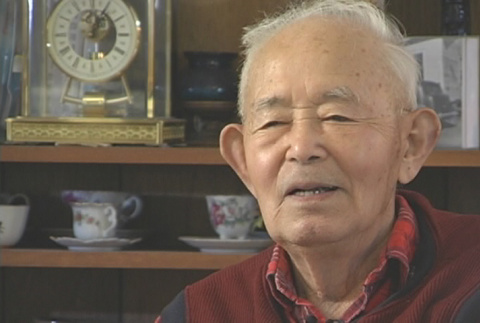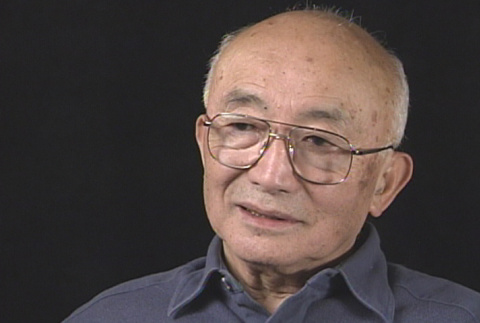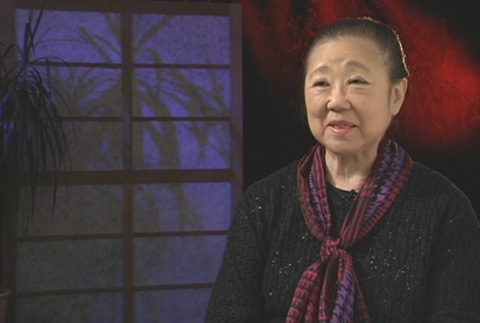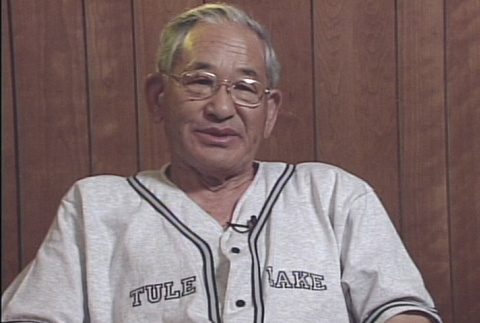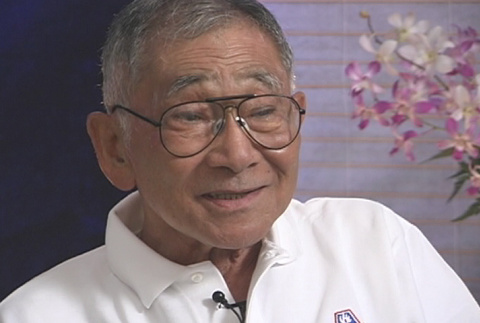Work and jobs
Both Issei and Nisei took jobs within the camps, at wages set not to exceed soldiers' pay: $12 per month for unskilled labor, $16 for skilled labor, and $19 for professional employees. WRA staff was paid much more for the same jobs. Though public opinion mandated such low pay, dissatisfied Japanese Americans objected to losing their right to make a decent living. They had to use their sparse income for necessities, such as warm clothing and shoes.
World War II
(231)
Concentration camps
(1434)
Work and jobs
(1359)
Related articles from the
Densho Encyclopedia :
Amache Silk Screen Shop

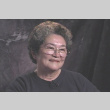
This interview took place at the 2000 Tule Lake Pilgrimage in Klamath Falls, Oregon.
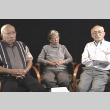

Interview was conducted over two days because of delays caused by technical difficulties.

Interview was conducted over two days because of delays caused by technical difficulties.



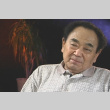
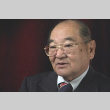
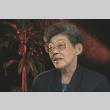
This interview was conducted at the Voices of Japanese American Redress Conference, held on the UCLA campus and sponsored by the UCLA Asian American Studies Center and the UCLA School of Public Policy and Social Research. Because of the full conference schedule, our …


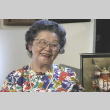
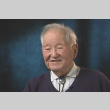
Although Mr. Matsumoto does not identify himself as a Kibei (American-born person of Japanese ancestry sent to Japan for formal education and socialization when young and later returned to the U.S.), some of his life experiences are similar to those who …
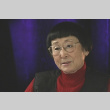
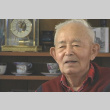
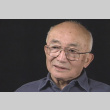
William Toshio Yasutake was interviewed together with his sister Mitsuye (Yasutake) Yamada and surviving brother, Joseph Yasutake, in group sessions on October 8-9, 2002. He was interviewed individually on November 14, 2002.
Before being contacted by Densho, the Yasutake siblings had planned to conduct …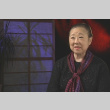
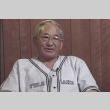



This interview was conducted at the 1998 Americans of Japanese Ancestry Veterans National Convention, held in Honolulu, Hawaii.

This interview was conducted at the 1998 Americans of Japanese Ancestry Veterans National Convention, held in Honolulu, Hawaii.

This interview was conducted at the 1998 Americans of Japanese Ancestry Veterans National Convention, held in Honolulu, Hawaii.
